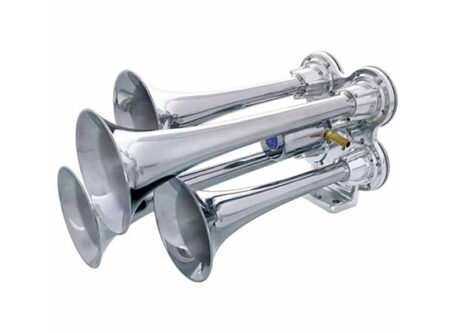Federal government offers no position in CRST no-hire agreement case
The federal government has officially taken no position on a “no-hire agreement” federal lawsuit filed against CRST.
On July 15, the U.S. Attorney General filed a statement of interest in a lawsuit filed against CRST in a federal court in California. The lawsuit accuses the Cedar Rapids, Iowa-based trucking company of violating antitrust laws with its no-hire agreements with other trucking companies.
“The United States takes no position on whether there were no-hire agreements between defendants and offers no view on any other issue in this case except the proper standard for assessing the legality of no-hire agreements,” the federal government explains in its statement.
The U.S. government also will no longer participate in oral arguments scheduled for Aug. 5.
However, the government still offered some guidance on the no-hire agreement case.
“As this court has already recognized, the same rule applies whether competitors agree to allocate markets for customers or workers,” the federal government stated. “In either case, the agreement eliminates or limits competition among rivals and therefore violates the antitrust laws. The United States thus urges the court to analyze any no-hire agreements between defendants under the per se rule.”
Markson v. CRST et al
The lawsuit in question accuses CRST and others of colluding with one another to not hire each other’s drivers who are under contract, claiming that such an act violates antitrust laws.
Allegations include several transportation and logistics companies entering “horizontal” no-hire agreements. Specifically, they agree not to hire drivers “under contract” with any of the other defendants. “Under contract” drivers are defined to include both current drivers and former drivers who have not paid off certain loans even if the drivers are actually unemployed.
CRST also requires employees to enter covenants not to compete that prohibit them from obtaining work with any other motor carrier as long as drivers’ loans are not fully paid, according to court documents.
Neither the no-hire agreements nor the non-competes have a clear time limit. Consequently, they could apply indefinitely to former employees who are unable to repay their debts to CRST and other carriers. As a result, former employees of the defendants who are unable to pay their debts may be forced to remain unemployed, disabling them to earn the income needed to pay off their debts.
Furthermore, because the non-competes also prohibit former drivers from working as independent contractors, they prevent competition by defendants’ former drivers, the federal government said in its statement.
In 2020, Western Express settled the case for $1.4 million. LL









